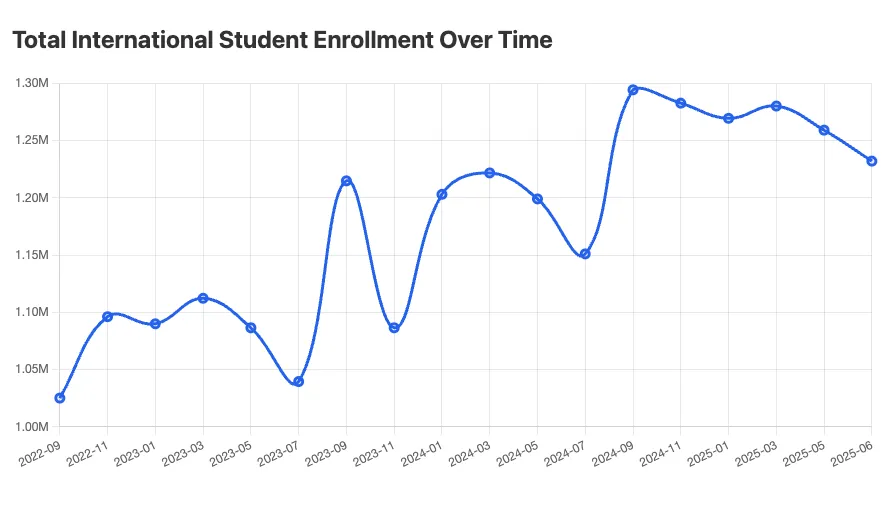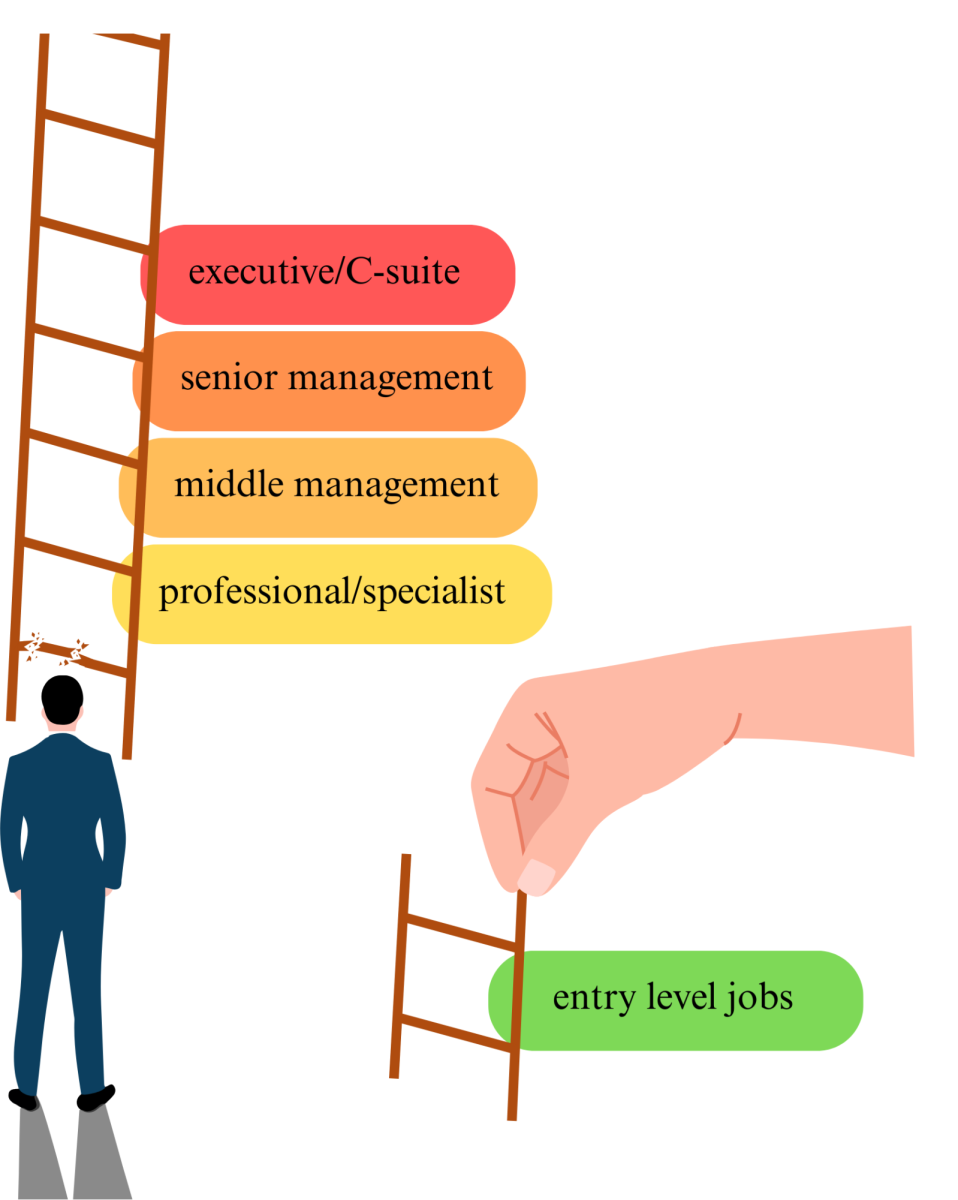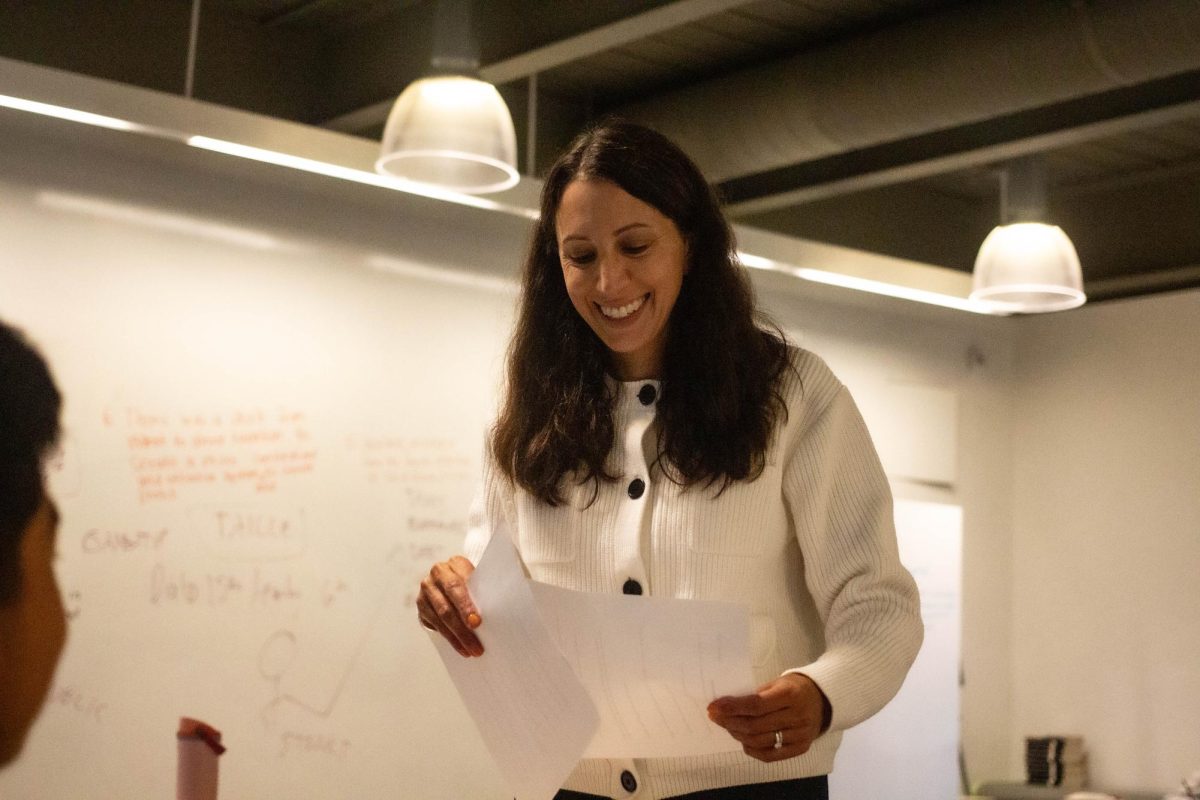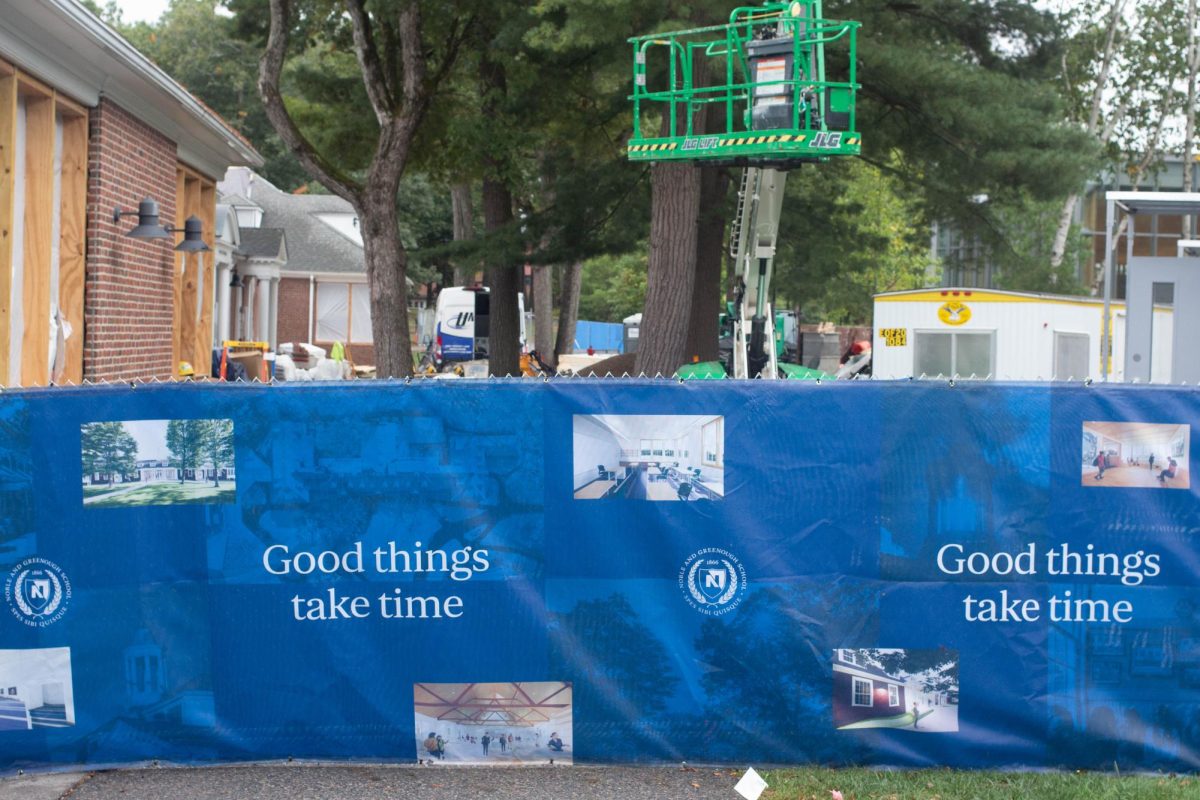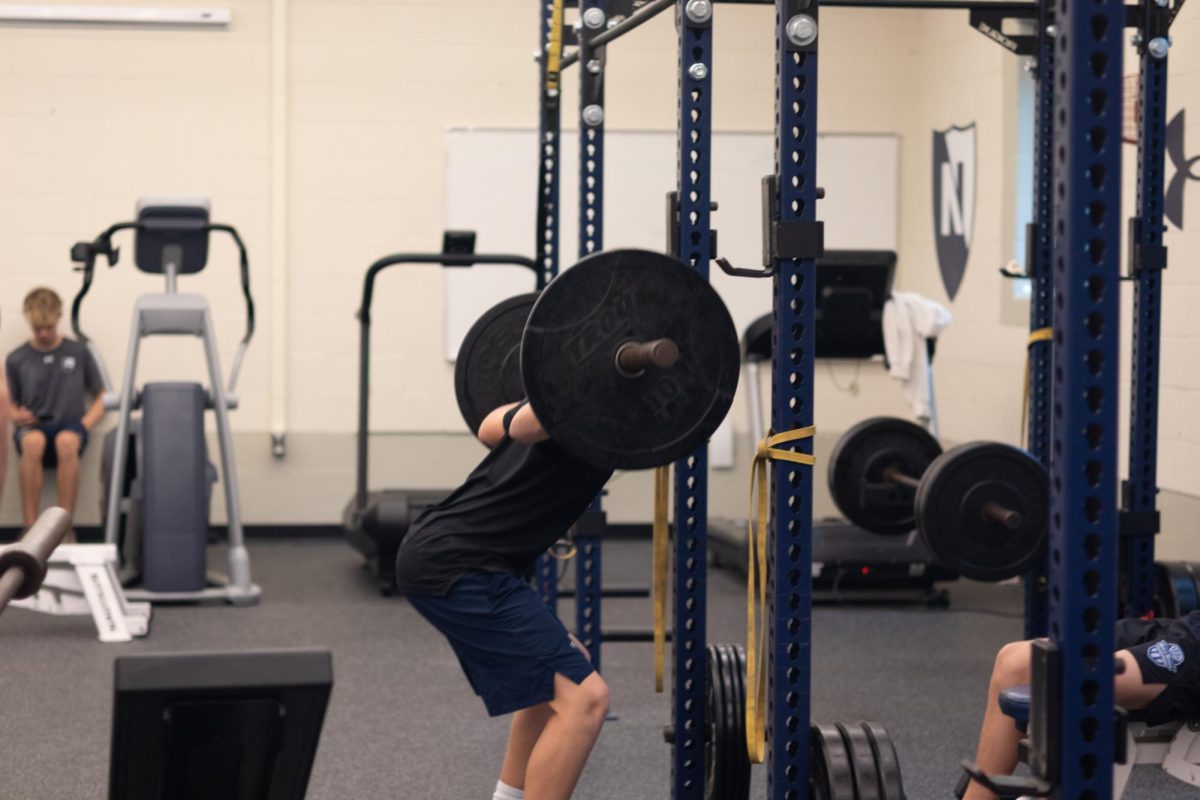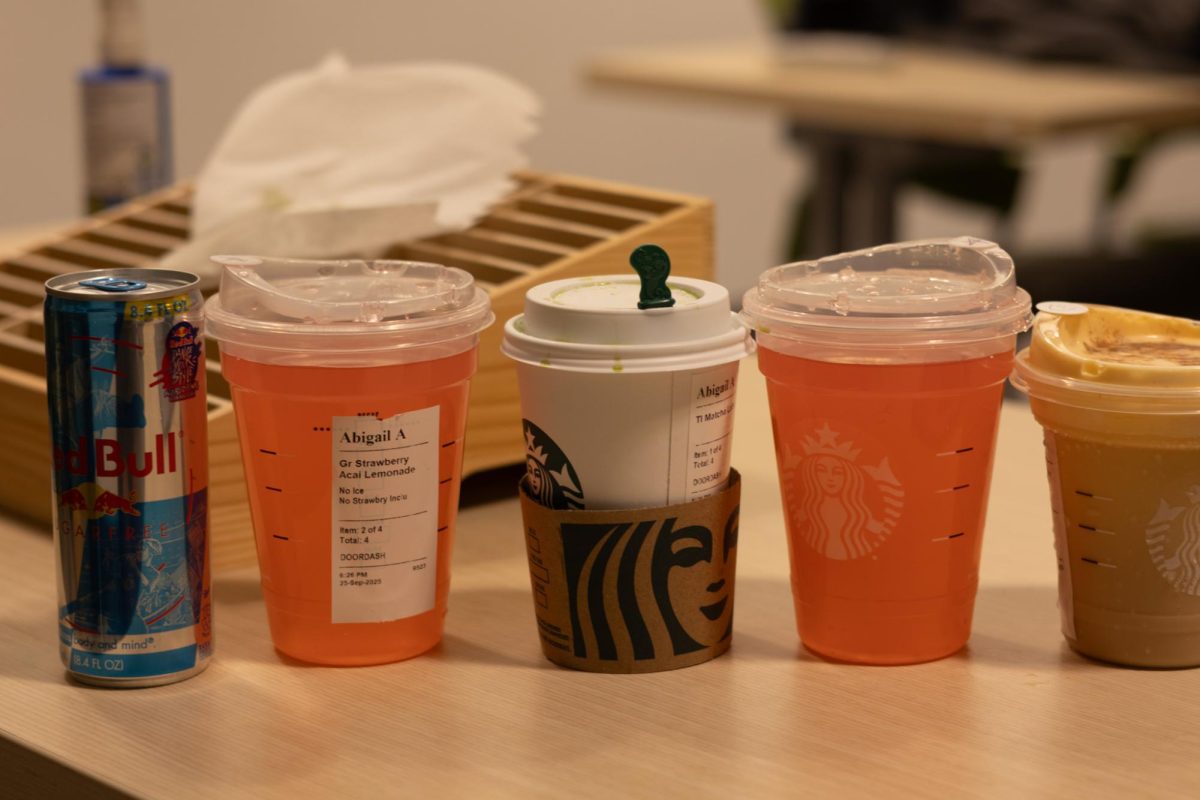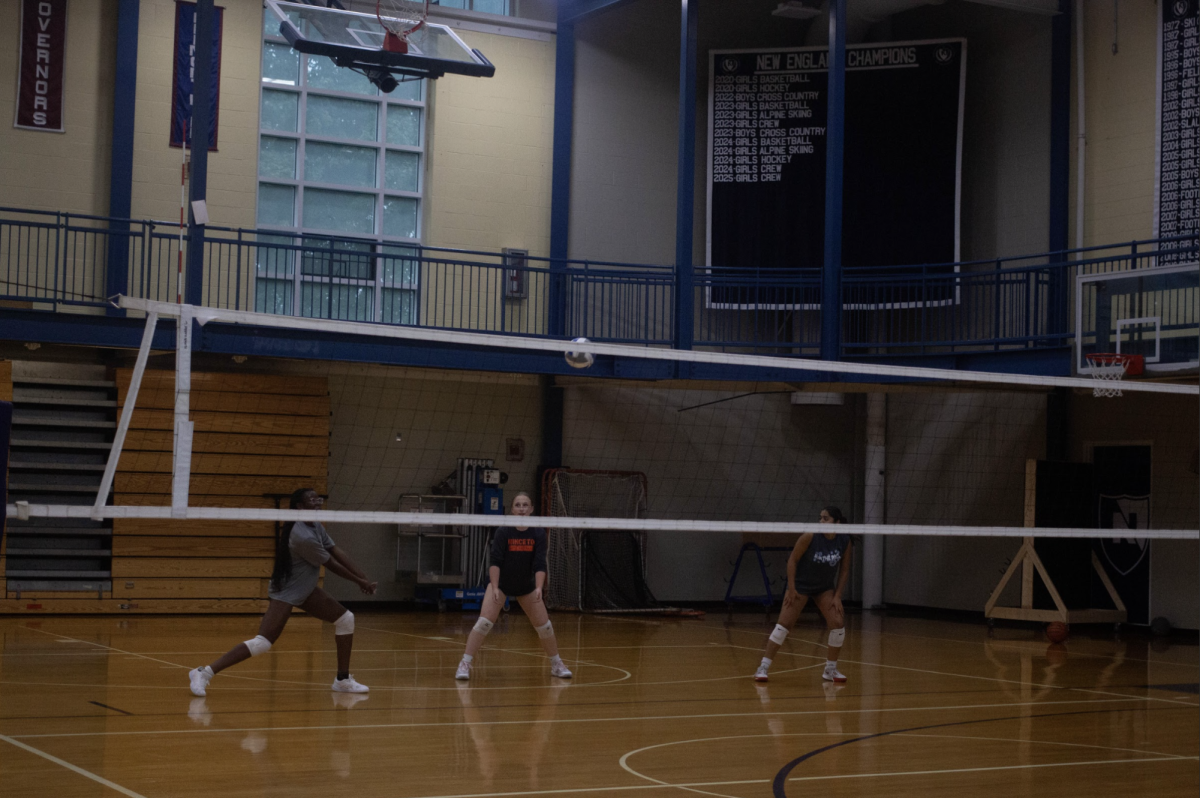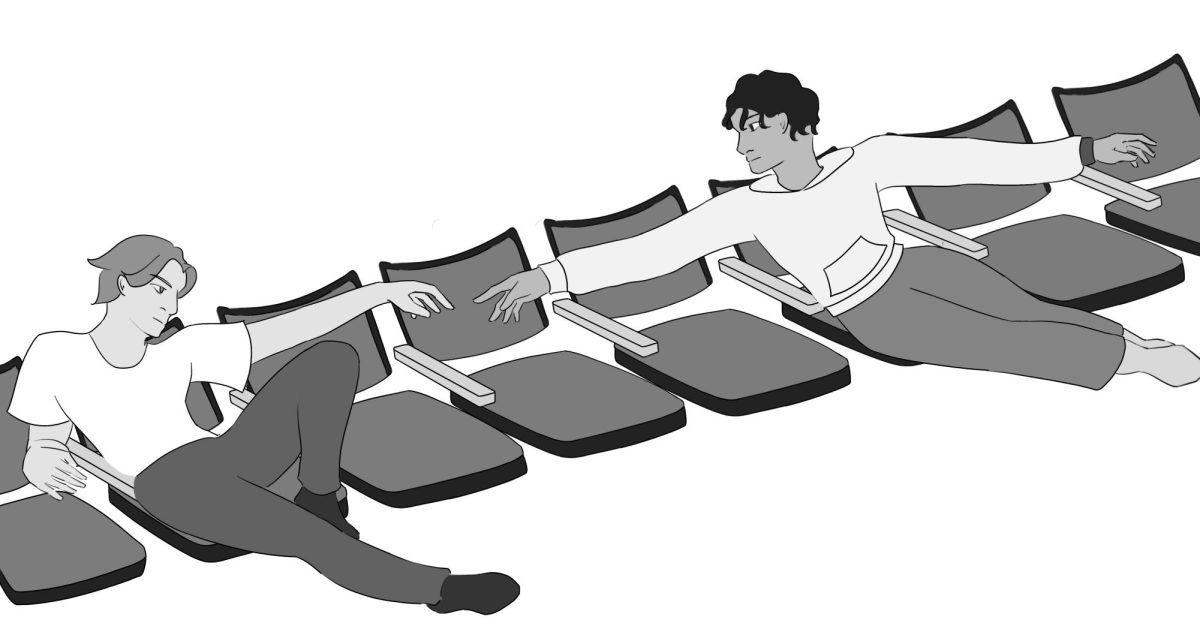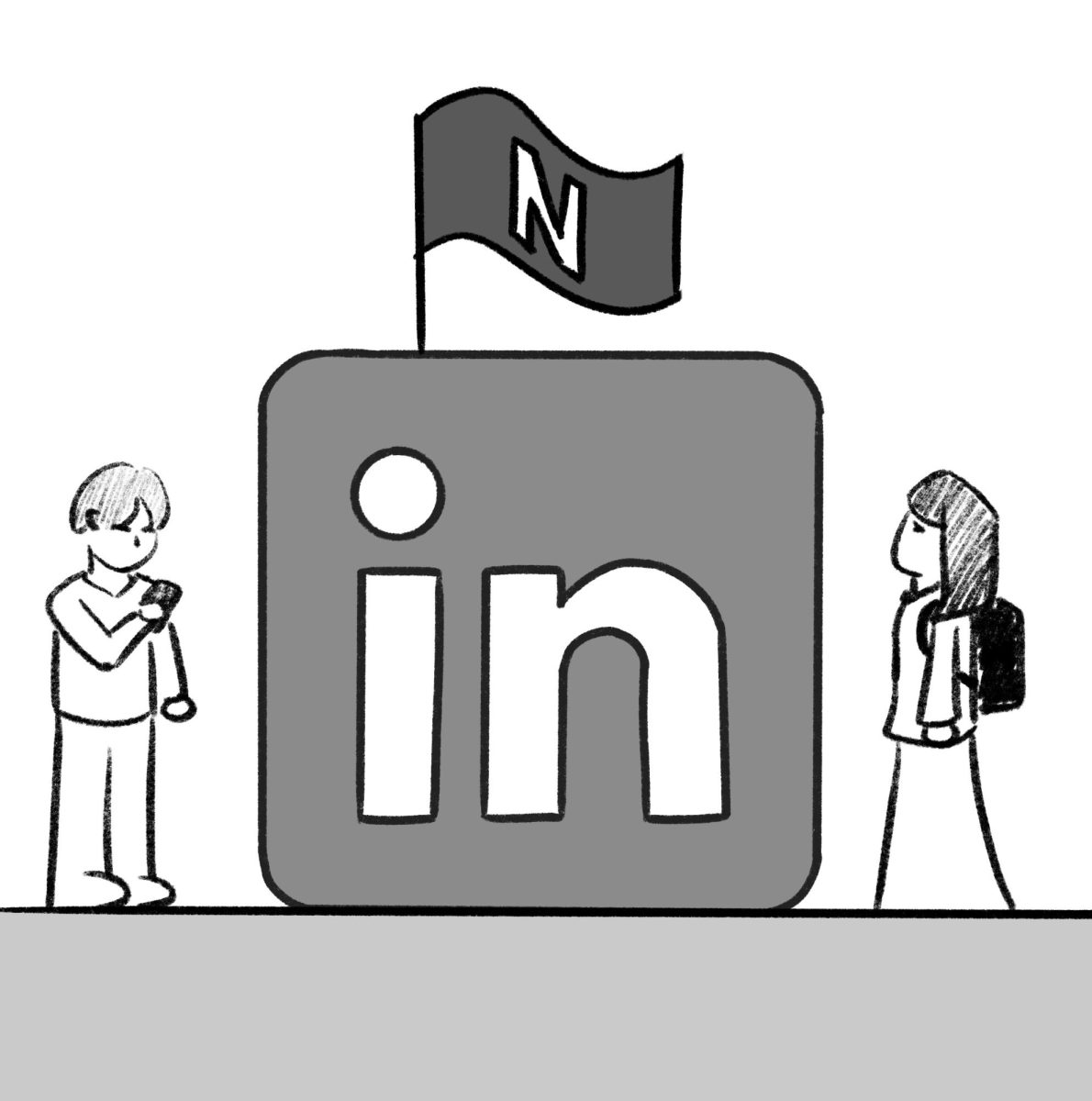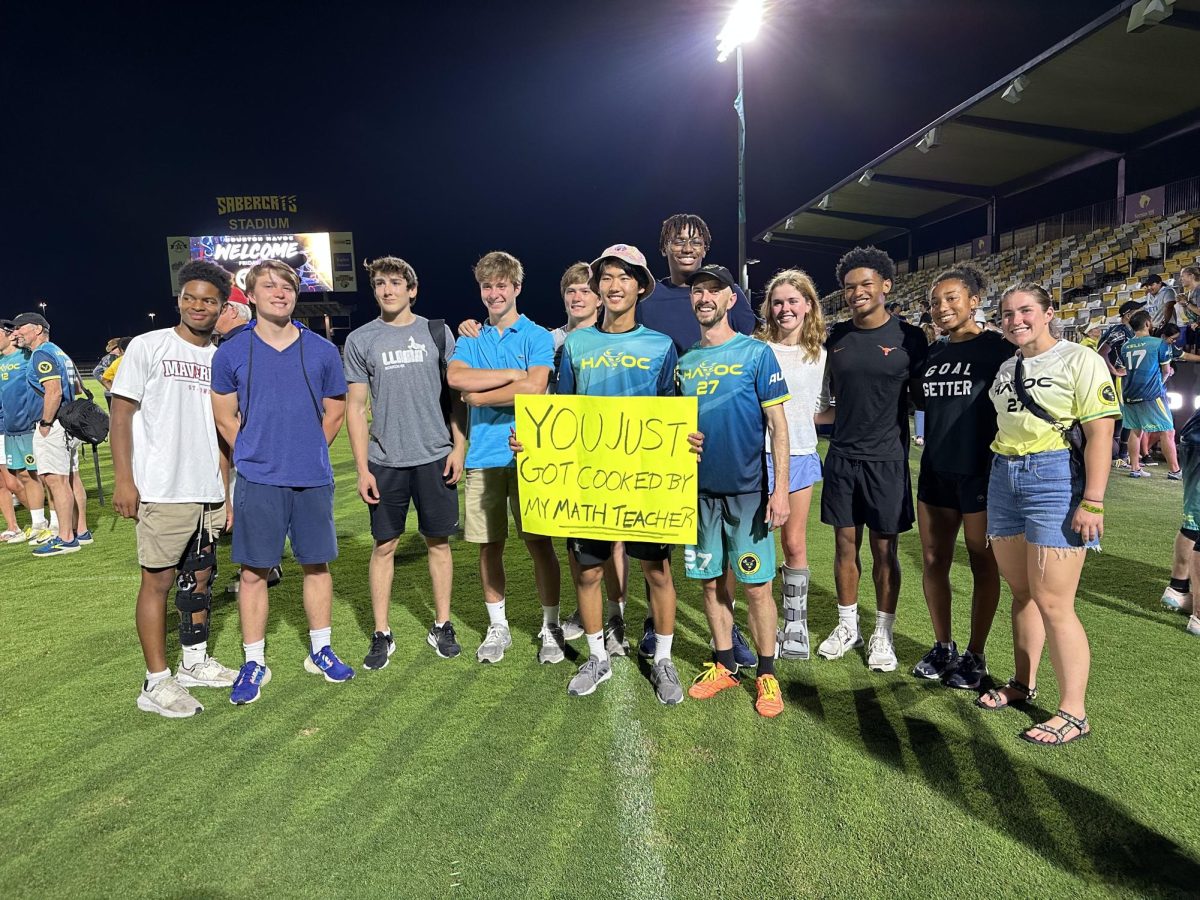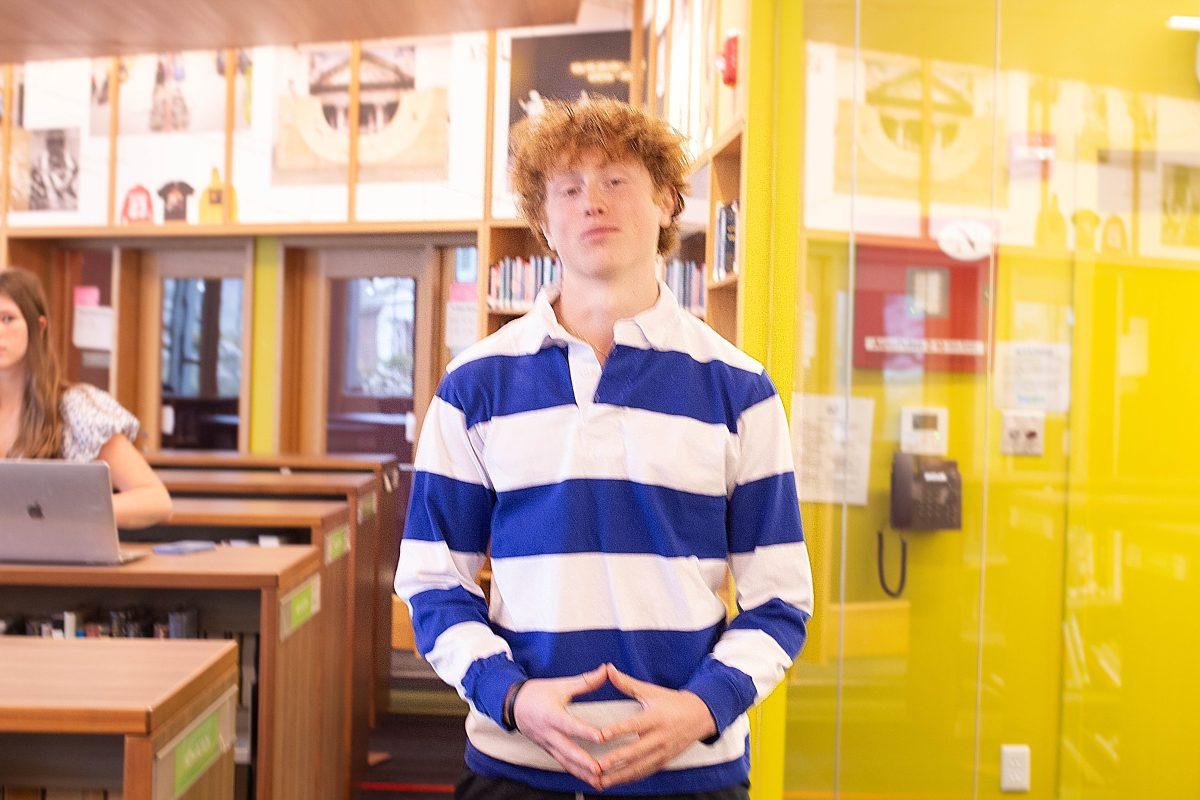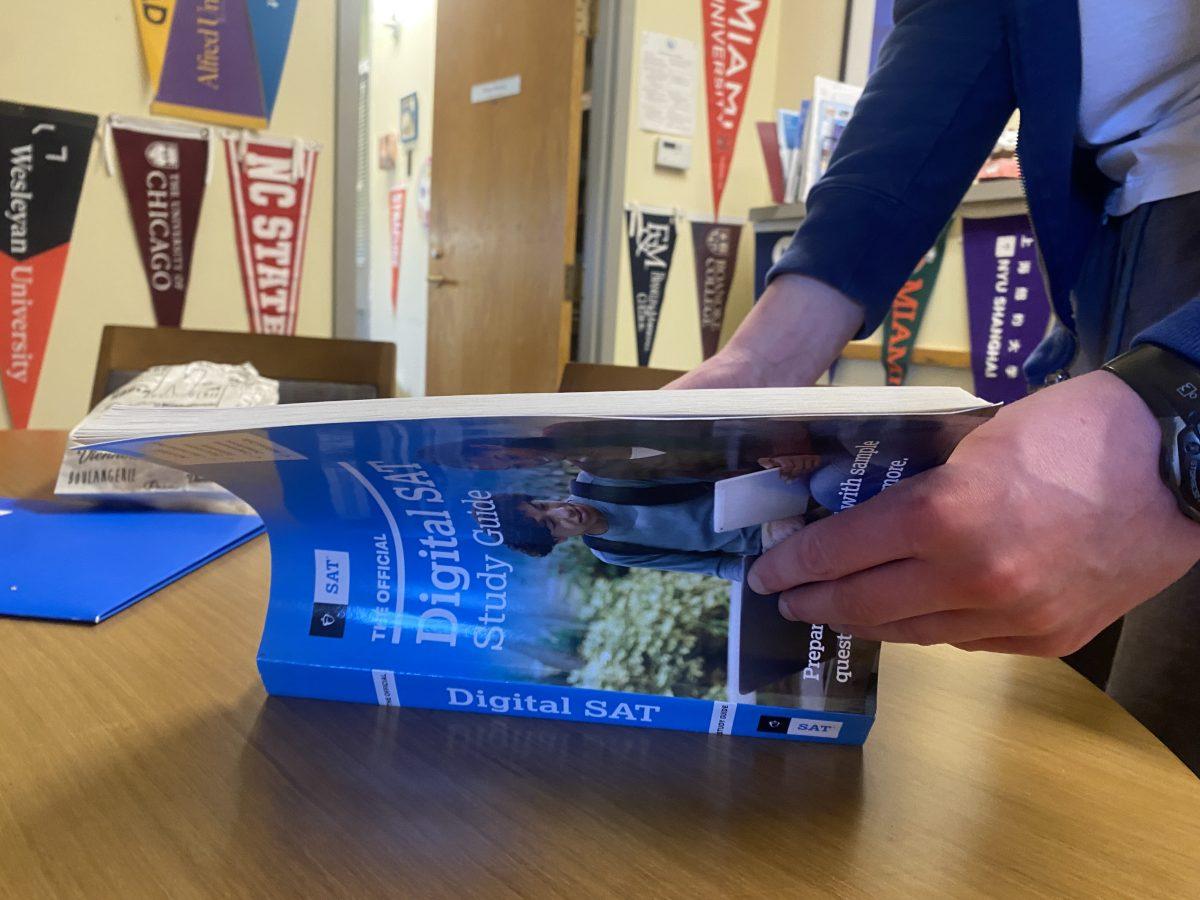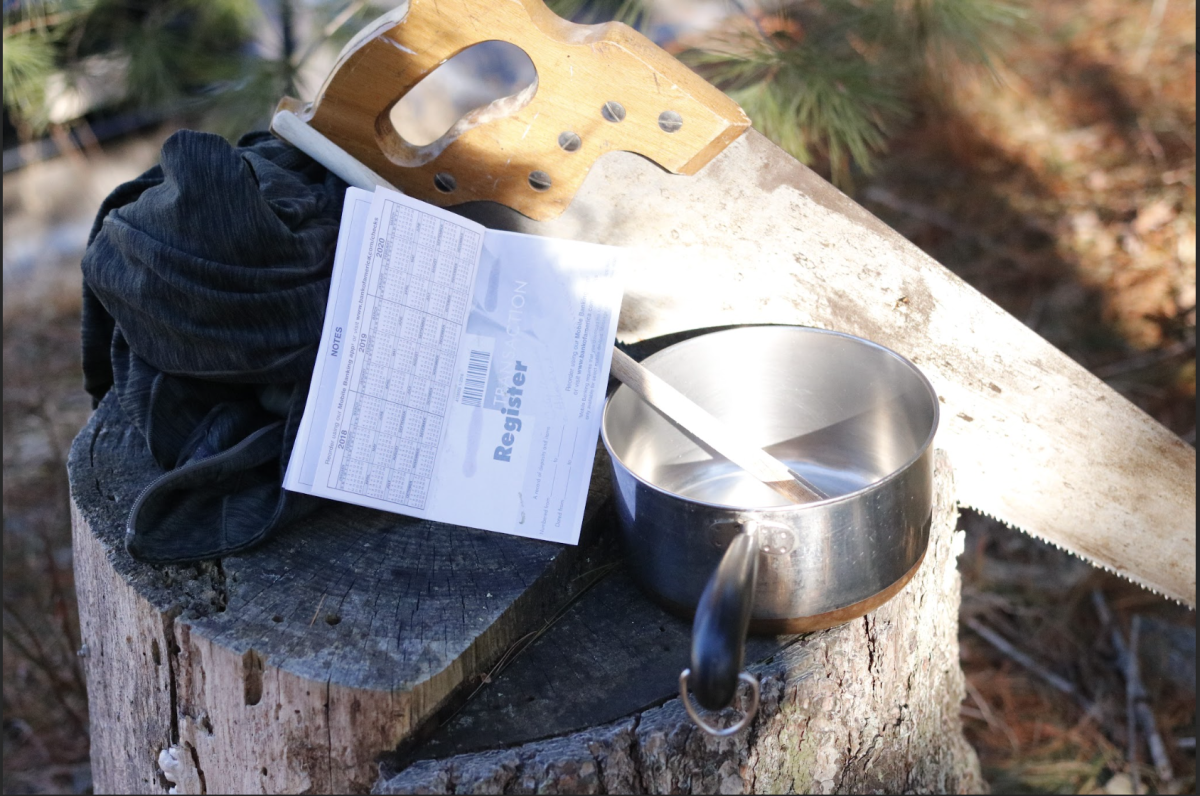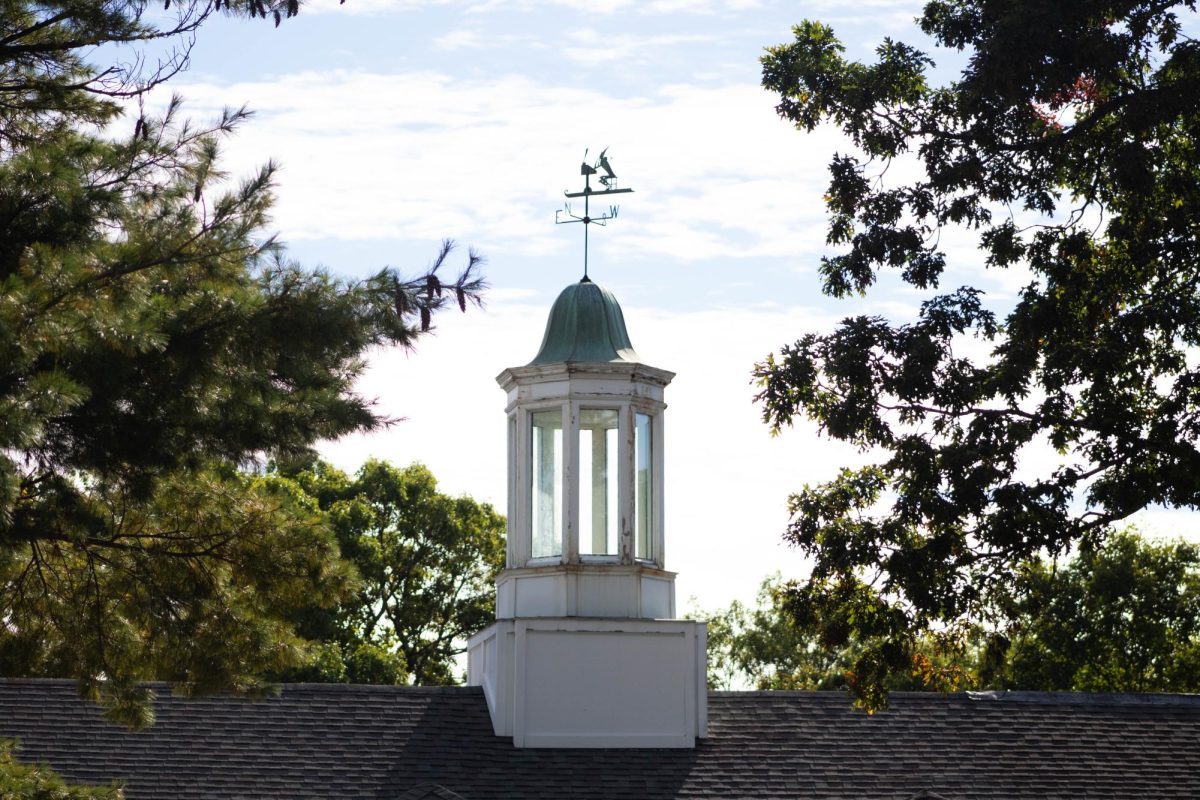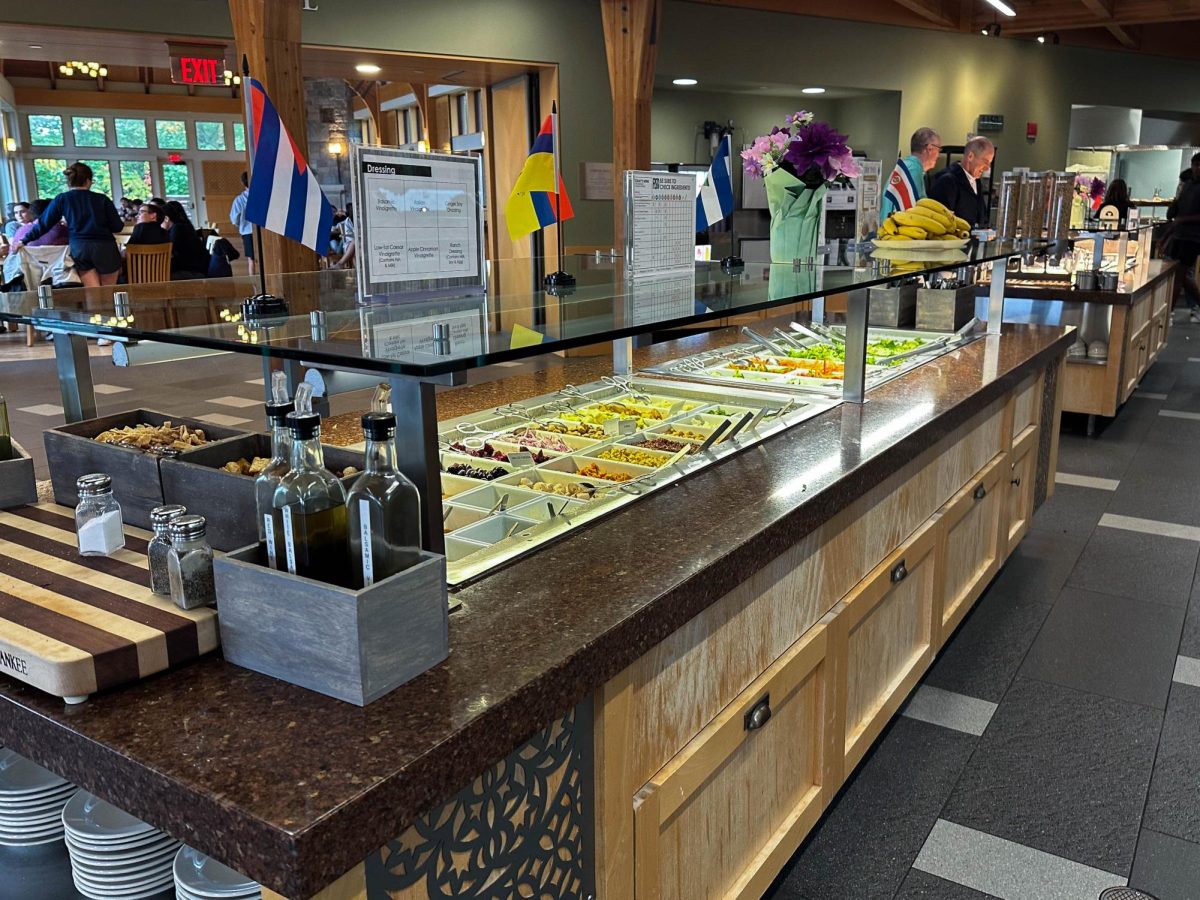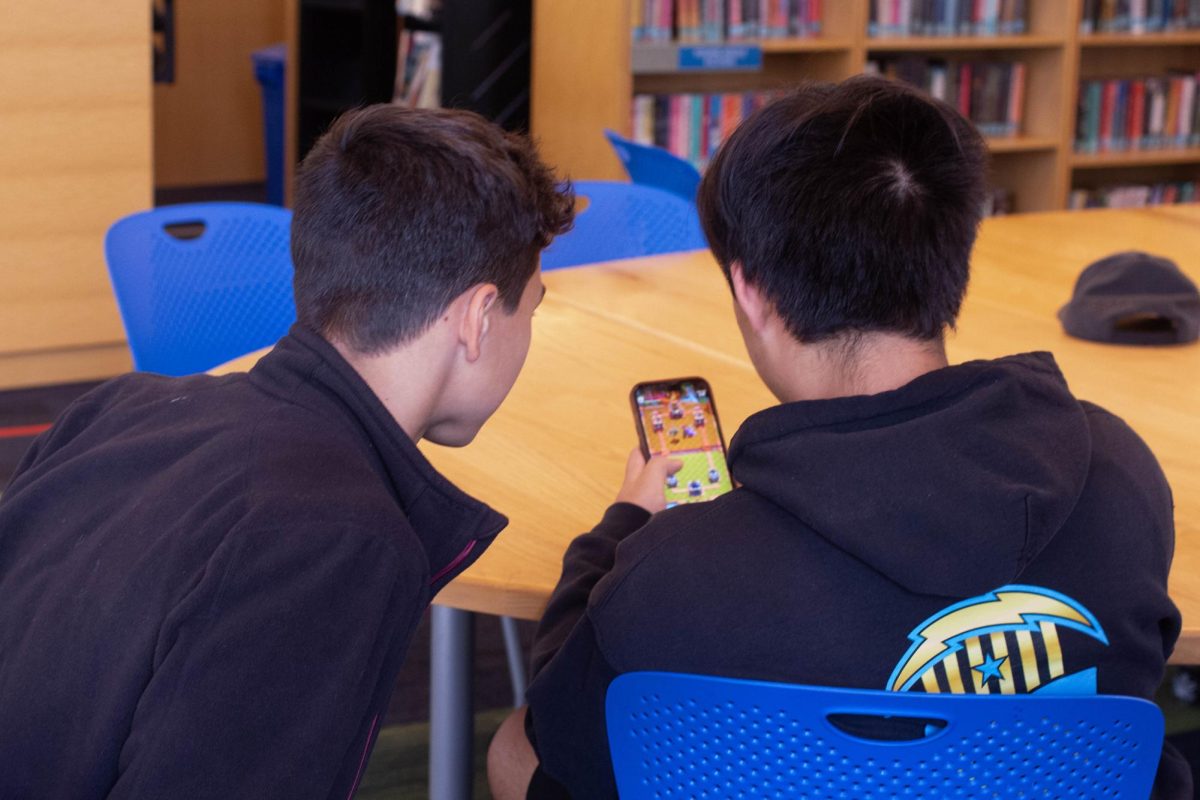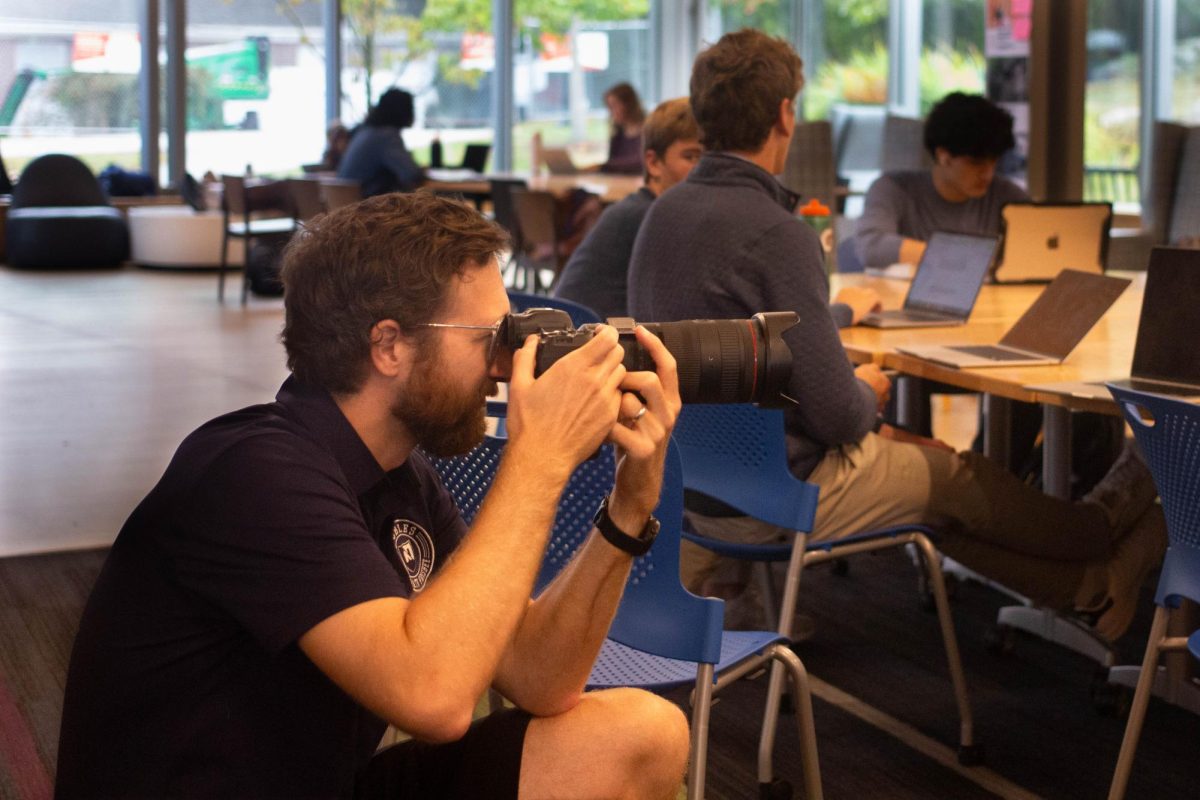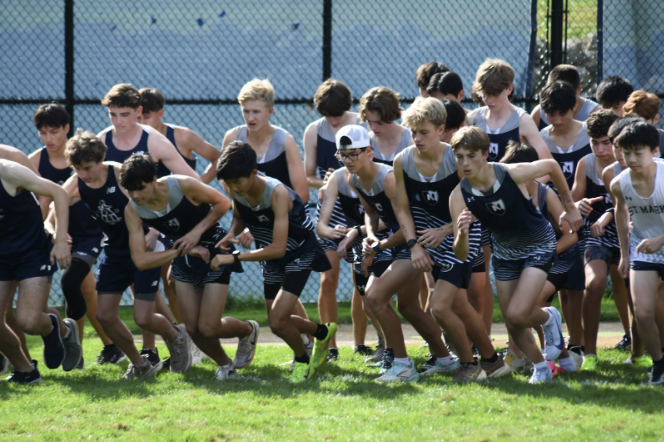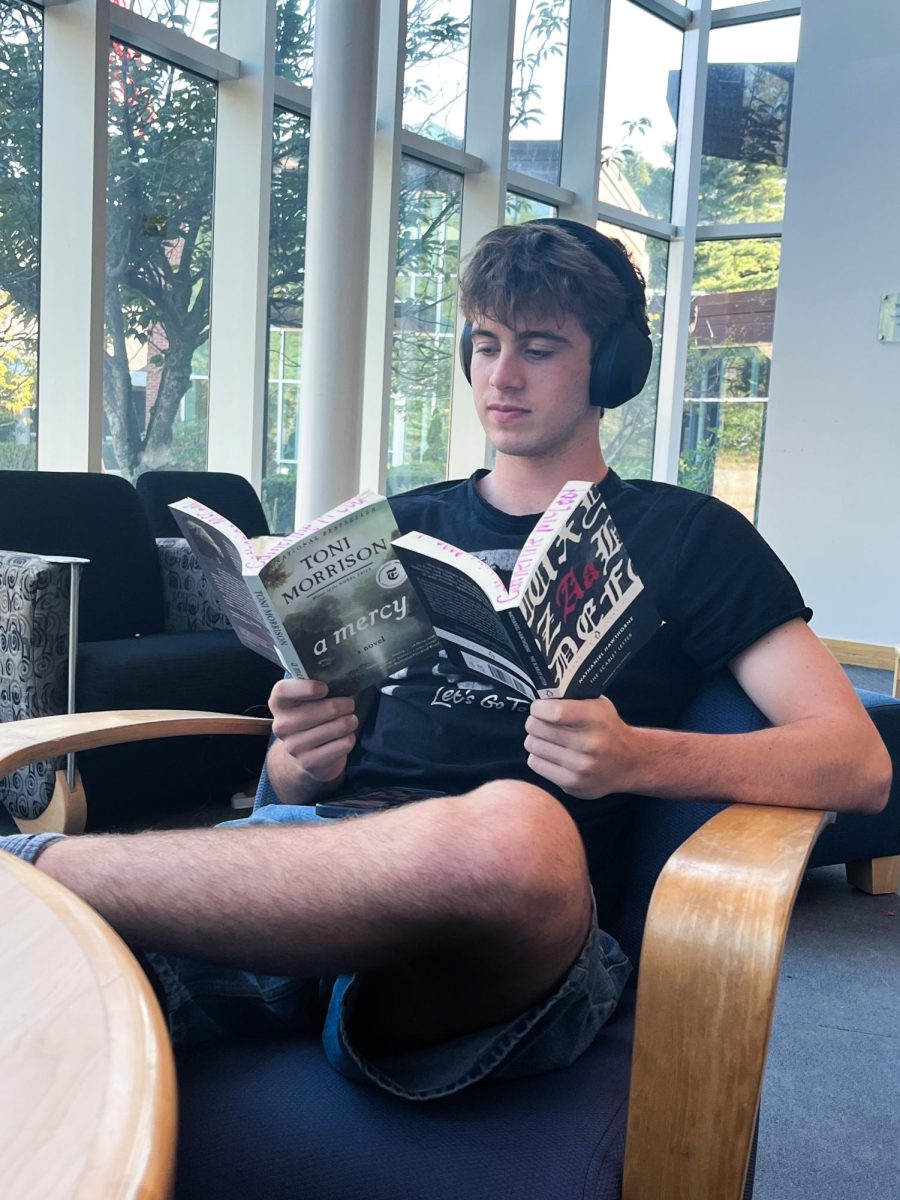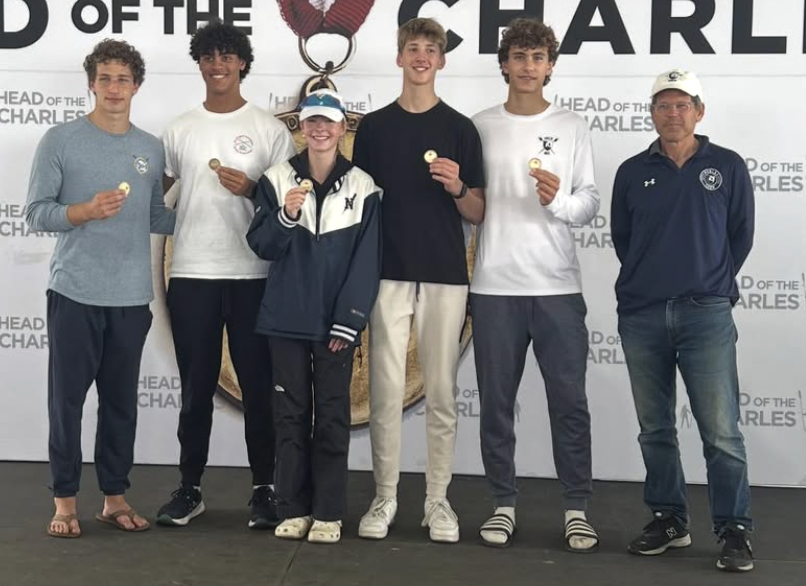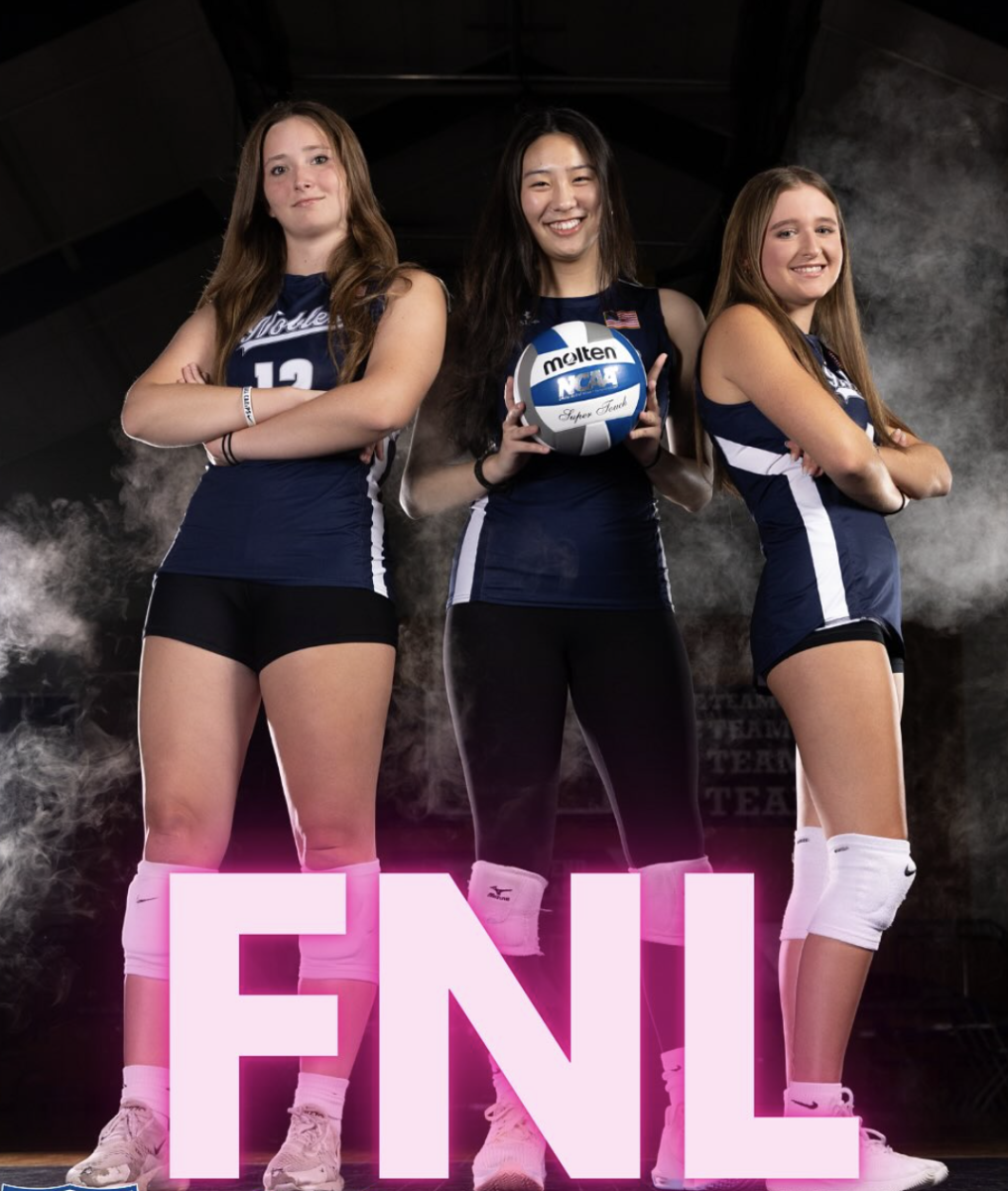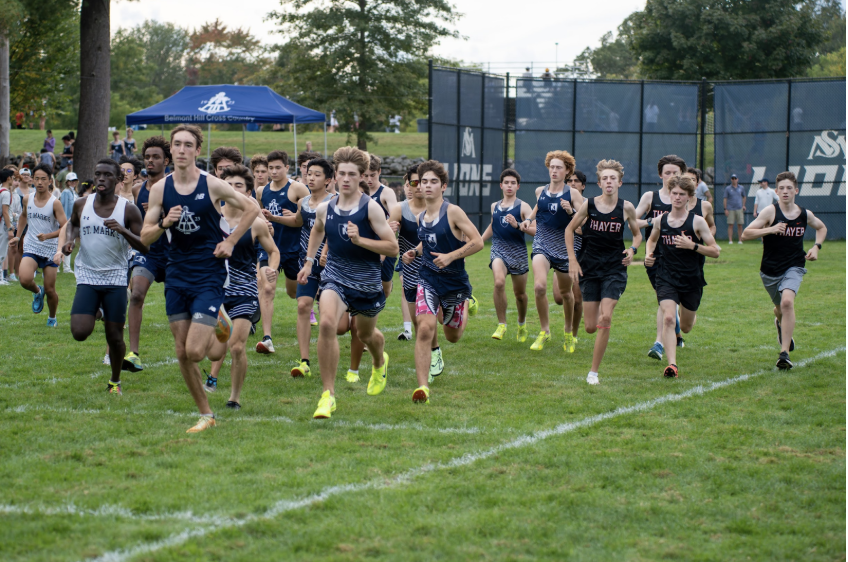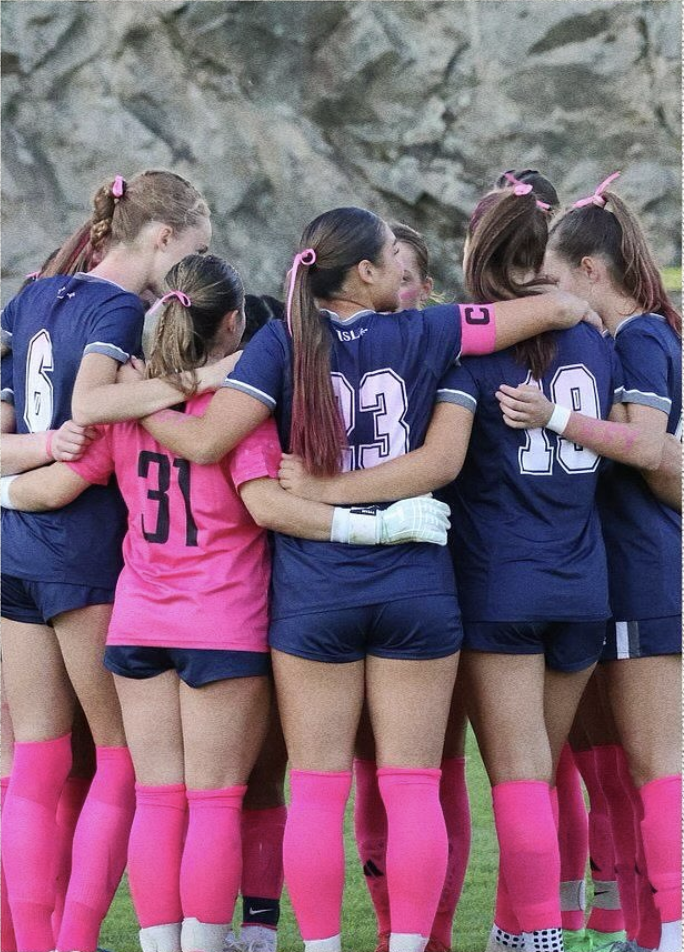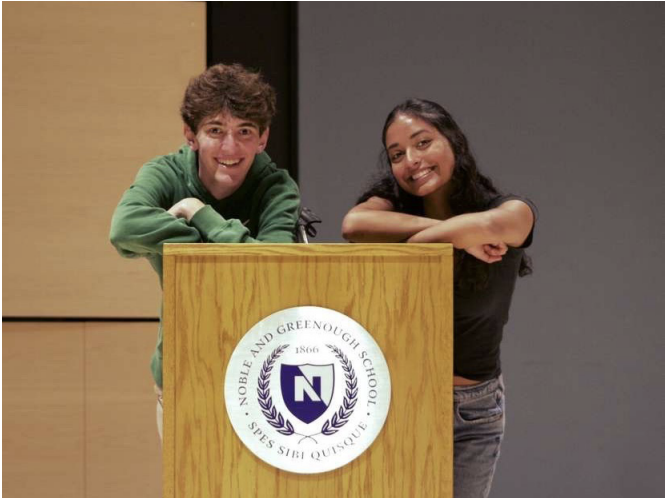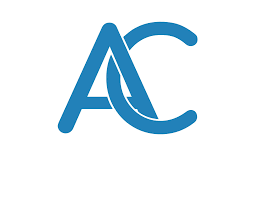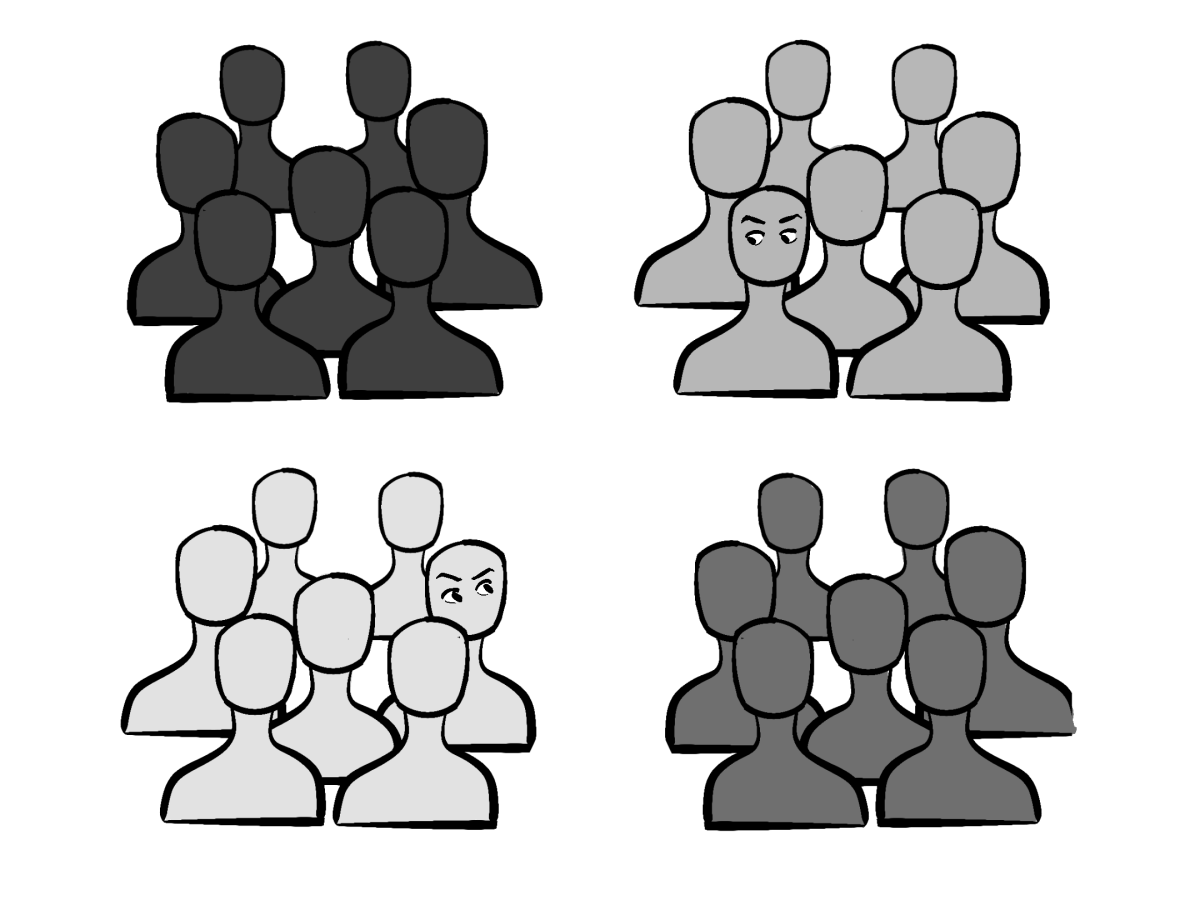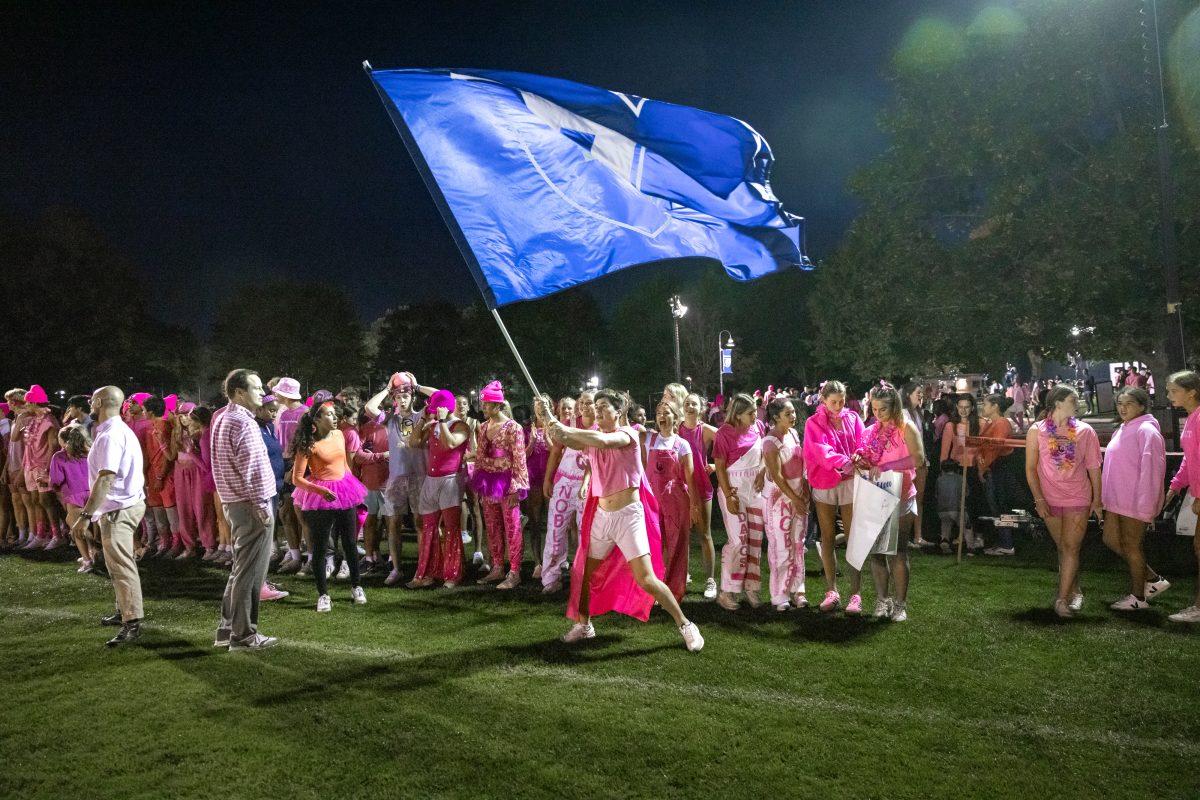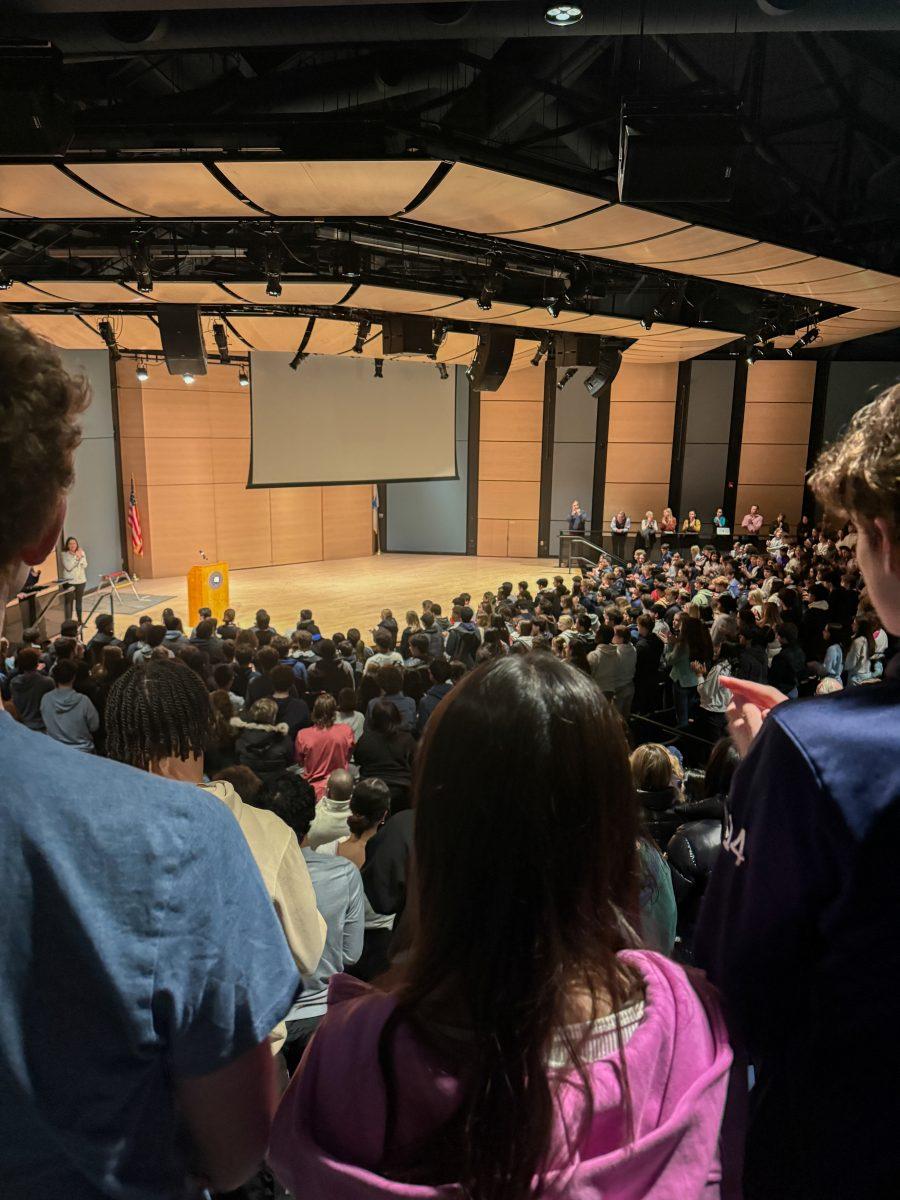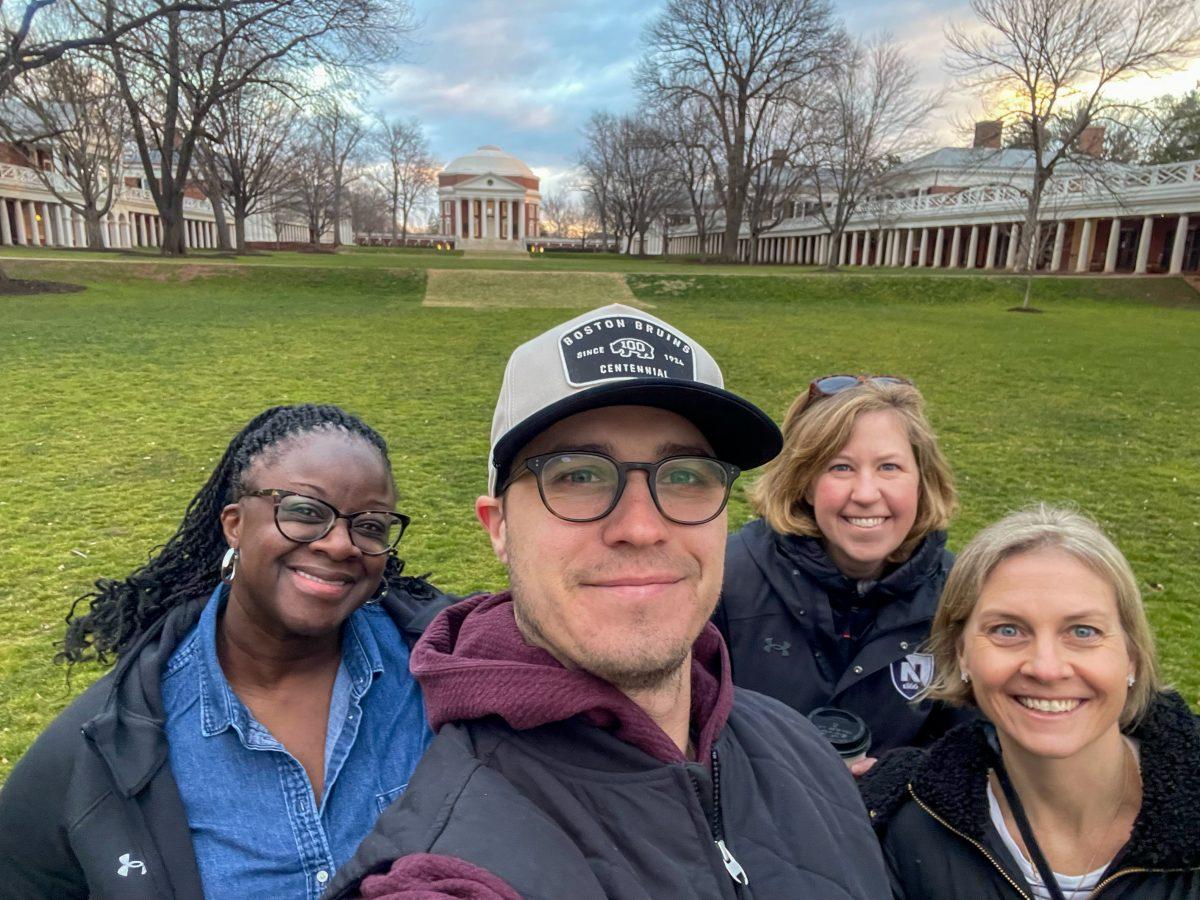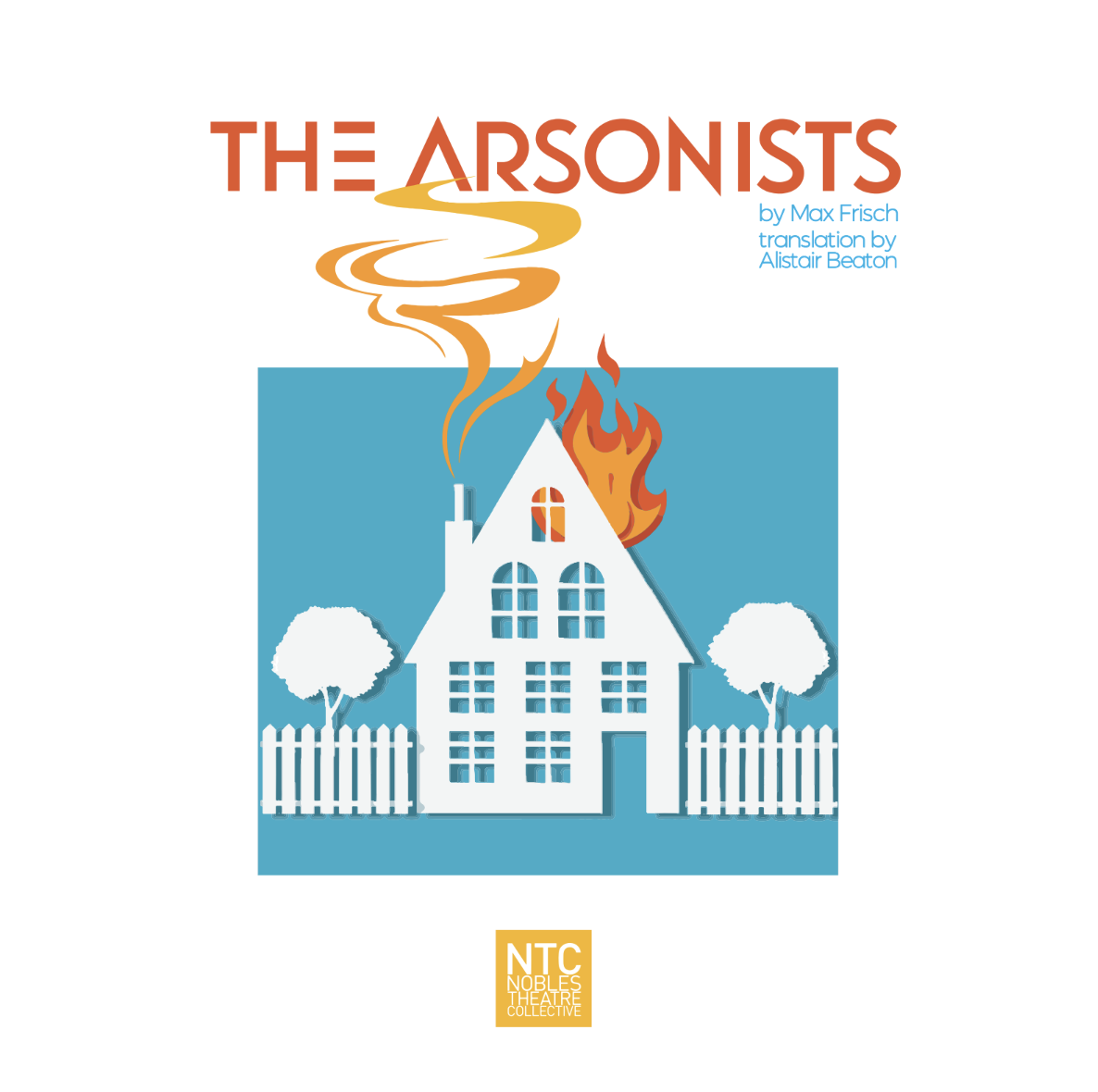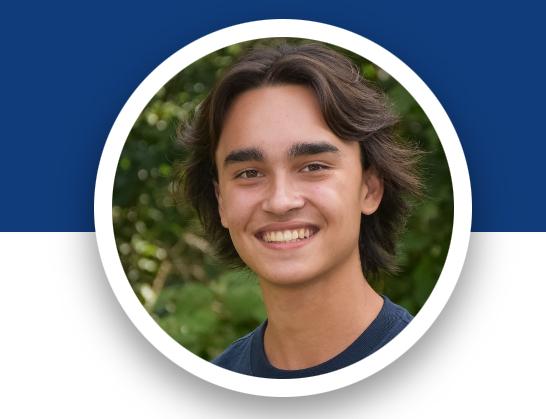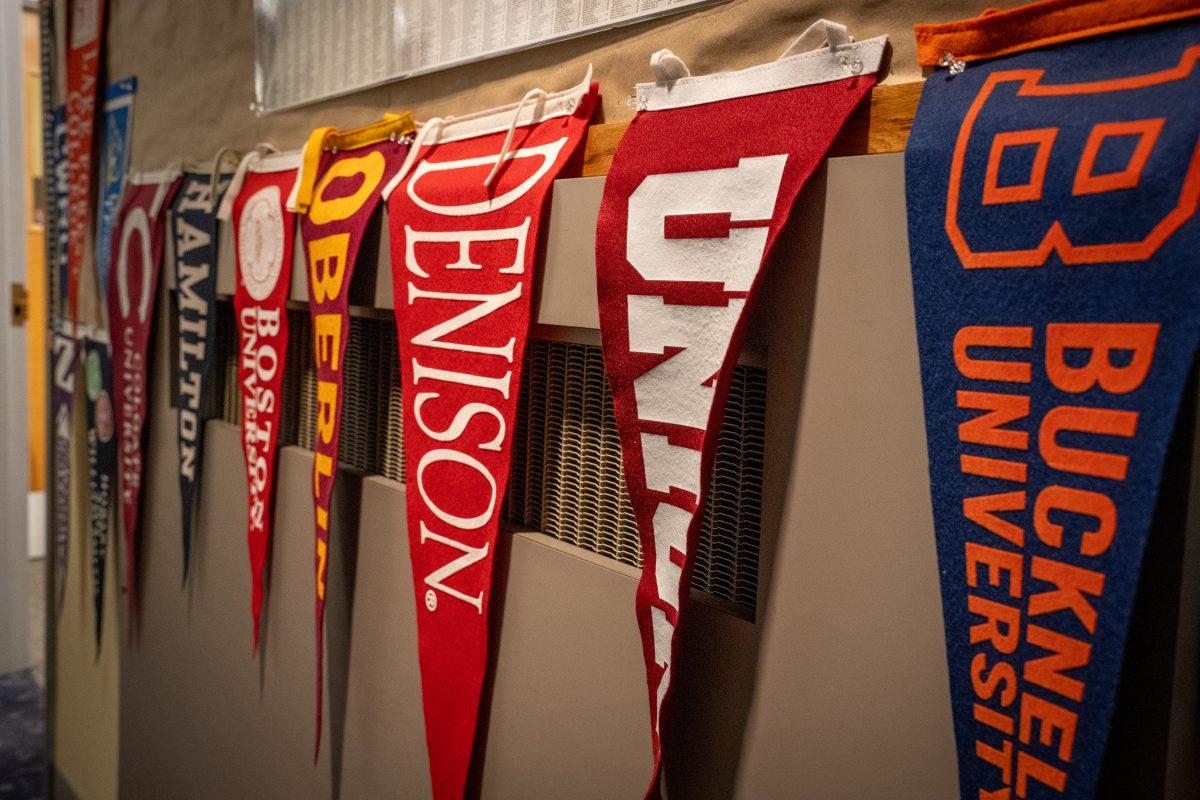Emilie Andrews, Staff Writer
March 8, 2024
On January 18th, Nobles administered Authentic Connections’ High Achieving School Survey (HASS) to the entire student body. 95%+ of questions on HASS were standard questions from Authentic Connections, scientifically validated and nationally normed by the organization. This means that these questions were all tested through a series of trials to ensure that the goal analysis from each question is accurately reflected in the question asked. Having used these “nationally normed” questions, Nobles can compare student responses to those of hundreds of other student bodies across the country. Director of College Counseling Kate Ramsdell said, “Authentic Connections can give us a greater understanding of how students are doing, and how students are taking care of themselves.” All surveying was anonymous, though some students felt more comfortable answering questions honestly than others.
After the administration of the Authentic Connections survey, The Nobleman sent out a brief follow-up survey to a randomized sample of 40 students from each class in both the Upper and Middle Schools, culminating in 161 responses out of the 240 selected. When asked how comfortable students felt answering the multiple choice questions honestly, 36% of students said they felt very comfortable, and 40.4% of students said they felt somewhat comfortable. In contrast, 8.1% of students said they felt somewhat uncomfortable, and 2.5% of students said they felt very uncomfortable answering questions honestly. The remaining 13% of students were neutral on their comfortability with the multiple choice questions. The results of this question have a 5.47% margin of error. Margins of error are calculated using a 95% Wald confidence interval with a finite population correction factor.
HASS multiple-choice questions are designed to allow students to answer honestly by offering a spectrum of opinions, enabling surveyors to compare answers and draw conclusions about community issues. When discussing student comfortability answering honestly to multiple choice questions, Institutional Researcher John Chung said, “We’re trying to give [students] the outlet to voice their opinions…I would expect that there’s a handful of kids who don’t feel comfortable answering honestly yet, especially if you haven’t seen how data gets used or if you are unsure that your responses are truly confidential.”
In addition to offering students anonymous multiple-choice questions, HASS included several open-response questions in the survey. Open-response questions will be presented back to the school either in a larger “bucket” of compiled responses or generalized based on sentiment. In the follow-up survey sent out by The Nobleman, when asked how comfortable students felt answering open-response questions honestly, 32.3% said they felt very comfortable, and 37.3% said they felt somewhat comfortable. On the other hand, 8.7% of students said they felt somewhat uncomfortable, and 3.1% of students said they felt very uncomfortable answering open-response questions honestly. 18.6% of students surveyed responded neutrally. The results of this question had a margin of error of 5.93%.
Although 76.4% (±5.47%) of students surveyed said they felt comfortable answering multiple-choice questions honestly, only 68.6% (±5.93%) of students felt the same about the open-response questions. This difference of 7.8% (±5.29%) is likely due to the anonymous format of the surveying. Students need to be able to trust and believe that honest opinions will be used to better the school, and will not be traced back to them. Building this trust takes time. Chung said, “We want students to know that we are listening, and for students to think ‘This is a place where I can actually give my input and people will listen to me.’”
In creating a positive relationship between surveyors and students, Chung explained the term “data culture.” “A thriving data culture is one where people believe that surveying is trustworthy, and going to make real change. Once there is that mutual belief, you can really start getting a lot out of [surveying],” Chung said.
When compared to Nobles’ past student surveys through Challenge Success, Authentic Connections focuses on the well-being of students. Director of Psychology and Counseling Jen Hamilton said, “The [Authentic Connections Survey] delves much more deeply into well-being issues including mental health, coping skills, substance use, identity, and belonging.” Authentic Connections also includes questioning regarding parental relationships. When asked why surveying includes parental questions, Authentic Connections said, “We include this section because we know from resilience research that one of the most important factors influencing adolescent mental health is the well-being of their primary caregivers and the strength of relationships with caregivers.”
In the follow-up survey sent out by The Nobleman, students were asked if they thought the survey missed any important topics. 87% (±4.34%) of students surveyed said that the survey did not miss any important topics. However, some students expressed discontent with questions regarding student mental health due to Nobles’ culture and environment. Others hoped to discuss socio-economic factors, while others looked for more space to voice opinions on friendships and faculty relationships.
Though the results of the survey have not yet been shared with Nobles faculty, Chung and Ramsdell emphasized the importance of following up with the community. Chung said, “We hope to do a follow-up once we have the results back. We definitely want to follow up with questions regarding the new schedule, but might also want to dig in deeper on some student trends that emerge, and possibly even host some kinds of focus groups.” When asked if she expects action items to come from survey results, Ramsdell said, “I think that’s the goal, right? We probably will have some institutional priorities to work on. I think the surveying is helpful to us to ensure that we are ordering our priorities correctly.”
(Photo Credit: Authentic Connections Website)

